Nature has never read the Declaration of Independence. It continues to make us unequal
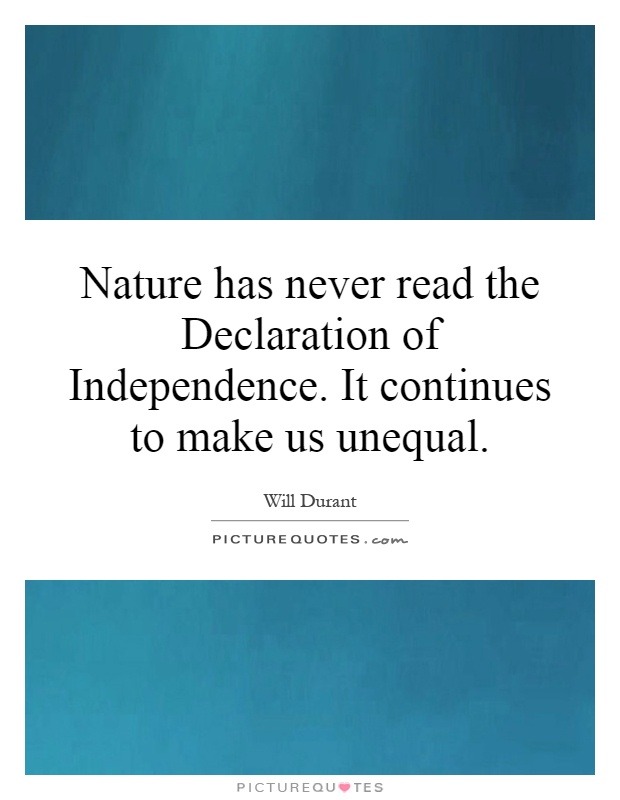
Nature has never read the Declaration of Independence. It continues to make us unequal
Will Durant, a renowned historian and philosopher, once said, "Nature has never read the Declaration of Independence. It continues to make us unequal." This statement speaks to the inherent inequalities that exist in the natural world, despite the principles of equality and freedom espoused in documents like the Declaration of Independence.Durant's words remind us that nature operates on its own set of rules, indifferent to human constructs such as equality and justice. In the natural world, some individuals are born stronger, faster, or more intelligent than others. These inherent differences can lead to disparities in opportunities and outcomes, creating a system of inequality that is beyond human control.
While the Declaration of Independence proclaims that "all men are created equal," nature does not adhere to this principle. In the animal kingdom, for example, the strongest and most dominant individuals often rise to the top of the social hierarchy, while the weaker and more vulnerable members struggle to survive. This natural hierarchy can also be seen in human societies, where factors such as wealth, power, and privilege can determine one's social status and opportunities.
Durant's statement challenges us to confront the uncomfortable truth that inequality is a fundamental aspect of the natural world. Despite our best efforts to create a more just and equitable society, we are ultimately subject to the whims of nature and the inequalities it perpetuates.
However, Durant's words also serve as a reminder that we have the power to shape our own destiny and strive towards a more equal and just society. While we may never be able to fully overcome the inequalities inherent in nature, we can work towards creating a more inclusive and fair society that values the dignity and worth of all individuals.
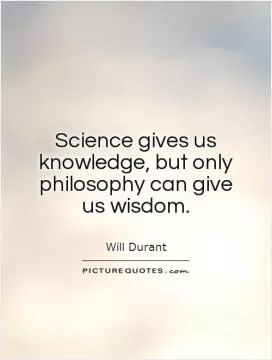
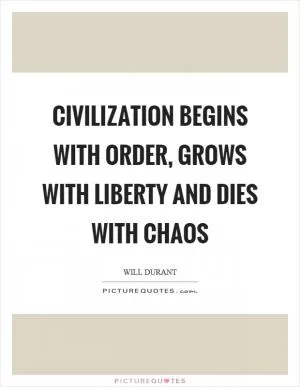


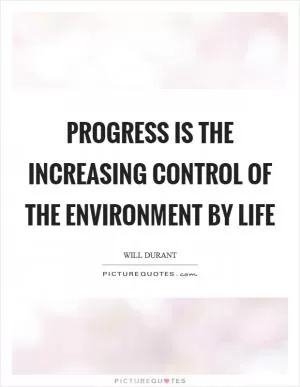
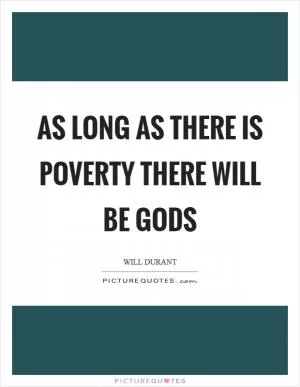
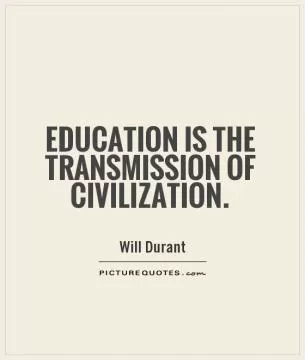
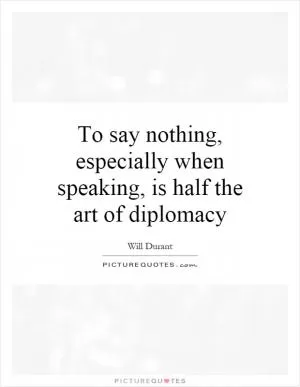
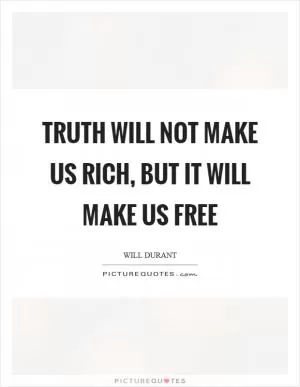
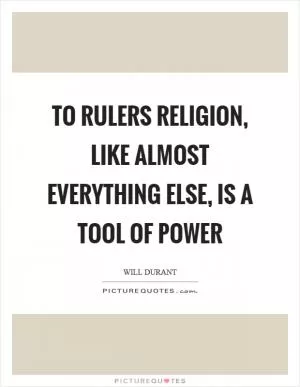
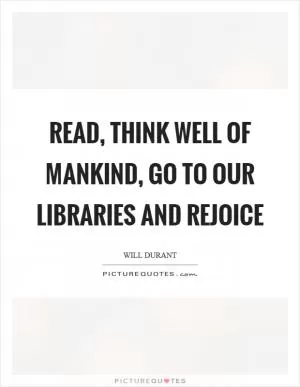

 Friendship Quotes
Friendship Quotes Love Quotes
Love Quotes Life Quotes
Life Quotes Funny Quotes
Funny Quotes Motivational Quotes
Motivational Quotes Inspirational Quotes
Inspirational Quotes